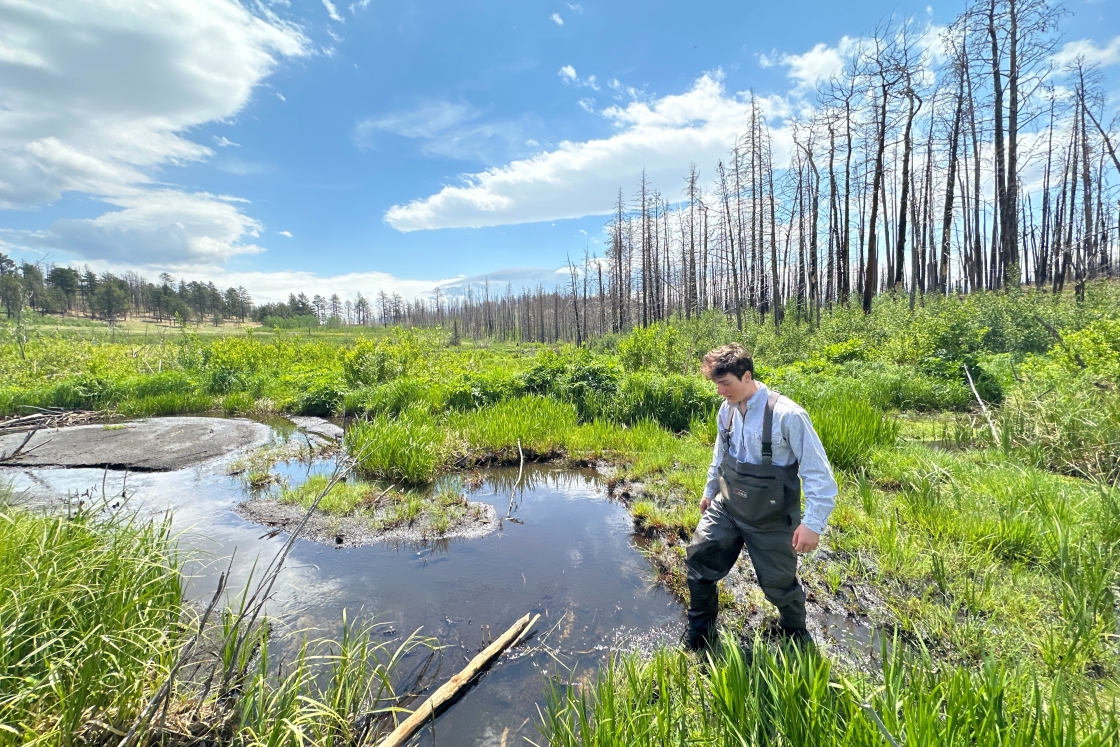
Dominy, an associate professor of anthropology, and his research team ran an artificial finger over natural materials such as tree bark to gage the friction increase from the digit’s ridges and to shed light on the advantage those ridges lend, writes the BBC.
‘We’re finding,” Dominy tells the BBC, “that when you rub a natural biological surface that has an orientation—that has a grain, if you will—and you run that grain perpendicularly to the long axis of the ridges, we find a dramatic increase in friction.”
Read the full story, published 2/17/13 on BBC.
